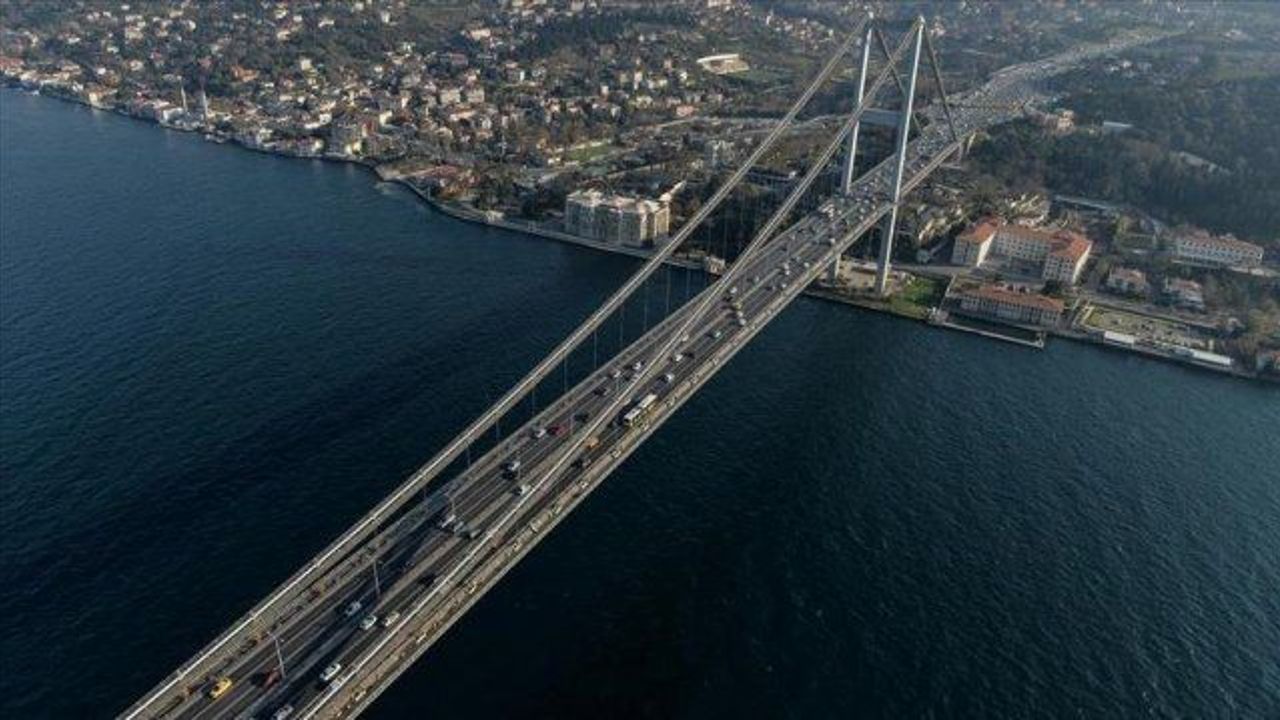Turkey can become regional leader in 2016, says report
With domestic political uncertainties cleared up, Turkey is 'most critical player to watch' in 2016, says Stratfor's annual forecast

With a more politically secure leadership at the helm, Turkey can become a regional leader in 2016, according to a U.S.-based intelligence firm.
Stratfor Global Intelligence said in its annual forecast for the upcoming year that the Syrian battlefield would continue to be the center of gravity for the Middle East in 2016, as several countries intensify their military campaigns against Daesh.
"Turkey will be the most critical player to watch," the report said. "Although Ankara has encountered a number of hurdles, a more politically secure government under the leadership of President Recep Tayyip Erdogan will be much more assertive beyond Turkey's borders this year."
The report said Turkey would likely authorize military forays into northern Syria, enlarge its footprint in northern Iraq and fight Daesh militants.
The militant group has captured large swathes of land in Iraq and Syria, on which it has declared what it calls a cross-border Islamic caliphate. According to the report, the group is unlikely to suffer total defeat during 2016.
"In addition to countering the Islamic State, Turkey wants to keep a check on Kurdish expansion in northern Syria and ultimately wants to create a 'safe zone' for Syrian refugees within Syria," it added, using an alternative name for Daesh.
The Syrian civil war, now in its fifth year, has left more than 250,000 victims dead and made the country the world's single-largest source of refugees and displaced people, according to UN figures.
Turkey, which is now the largest refugee-hosting country, "is not interested in absorbing more of the refugee burden for the sake of easing European concerns," said the Stratfor report, "but Ankara does intend to use European anxiety about migrant flows to reinforce its foothold in Europe and secure backing for its military actions in Syria."
"The United States will likely facilitate Turkey's heavy air campaign in northern Syria while pursuing a second offensive that will rely on mostly Kurdish rebel proxies east of the Euphrates," according to the forecast. "Turkey will emphasize its intent to rely principally on Sunni Turkmen and Arab rebel proxies to clear and hold the Islamic State-infested territory, but Ankara will also have a contingency plan ready in case it needs to deploy ground forces."
The report said Turkey and the U.S. would work with Saudi Arabia, the United Arab Emirates, Qatar and possibly other Arab countries such as Egypt and Jordan to form a coalition for anti-Daesh operations in Syria.
"This will add manpower to the current mission while also helping Ankara avoid reviving the historical resentment inherent in returning Turkish troops to Arab soil," it said.
Russia will be the biggest complicating factor in Turkey's moves with Moscow's dual targeting of Daesh and Syrian opposition forces widening the divide between the two countries, according to the report.
"Russia will try to scuttle Turkey's military plans by increasing its presence in Syria. This will mainly mean further use of air assets over northern Syria. Turkey will not necessarily stand down in the face of this pressure," the report said, adding that the more Turkey finds common cause with its NATO allies, the more vulnerable Russia will be in its former Soviet sphere of influence.
The report also forecast that Israel would work to maintain better relations with as many players on the battlefield as possible to be prepared for worst-case scenarios.
"Turkey's growing role in the region will compel Israel to try to improve its relationship with Ankara," it said.
Anadolu Agency







